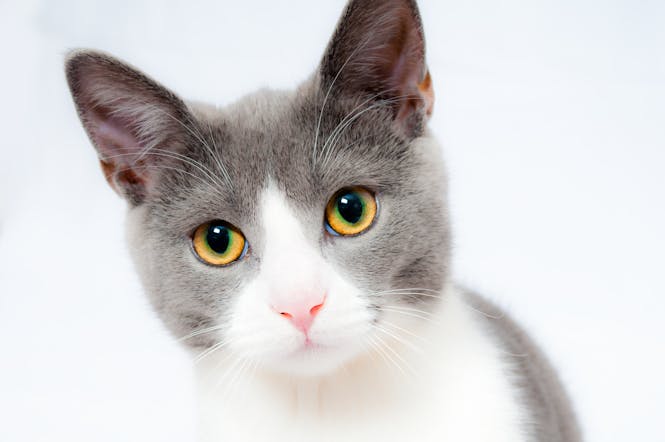Is your usually playful and curious cat suddenly spending most of their time sleeping or lying around? A lethargic cat can be concerning for any pet owner. While cats are known for their love of naps, excessive lethargy could signal an underlying health issue. In this post, we’ll explore possible causes, when to worry, and what steps you can take to help your feline friend feel better.
⚠️ What to Watch For
Lethargy in cats is more than just extra napping. It’s a noticeable drop in energy or activity levels. Your cat might seem uninterested in playing, eating, or engaging with you. Here are some symptoms to look for:
- Unusual tiredness or reluctance to move
- Loss of appetite or refusal to eat
- Decreased grooming or unkempt fur
- Hiding more than usual
- Changes in vocalization, such as excessive meowing or being unusually quiet
- Difficulty jumping or moving around
- Other signs of illness, like vomiting, diarrhea, or weight loss
If your cat shows any of these signs, it’s time to investigate further. A lethargic cat is often trying to tell you something is wrong.
🔍 Possible Causes
Lethargy in cats can stem from various causes, ranging from mild to serious. Below are some common reasons your cat might be feeling off:
- Illness or infection: Viral or bacterial infections, such as upper respiratory infections or feline leukemia, can sap your cat’s energy.
- Parasites: Fleas, ticks, or internal parasites like worms can cause discomfort and lethargy.
- Dehydration: A lack of water intake can leave your cat feeling weak and tired.
- Injuries: Pain from a sprain, wound, or internal injury may cause your cat to rest excessively.
- Stress or anxiety: Changes in the home, such as a new pet, moving, or loud noises, can lead to behavioral changes, including lethargy.
- Chronic conditions: Diseases like kidney disease, diabetes, or arthritis can lower your cat’s energy levels.
- Age-related changes: Senior cats naturally slow down but should still remain active and engaged.
- Toxins: Ingesting harmful substances, like certain plants or human medications, can make your cat lethargic.
Understanding the root cause is essential for determining the right course of action. If you’re unsure, consulting a vet is the best way to get answers.
✅ What You Can Do at Home
When your cat seems lethargic, there are a few steps you can take at home to assess and address their condition:
- Monitor closely: Keep an eye on your cat’s behavior, eating habits, and litter box use. Note any other symptoms like vomiting, diarrhea, or changes in breathing.
- Encourage hydration: Ensure your cat has access to fresh water. You can also try a pet water fountain to make drinking more enticing.
- Offer tempting food: Warm up wet food or try offering a favorite treat to encourage eating.
- Create a calm environment: Reduce noise and stress in the home. Provide a quiet, comfortable space for your cat to rest.
- Check for injuries: Gently feel your cat’s body for any signs of pain, swelling, or wounds.
If your cat’s lethargy improves after a day or two and they return to their normal self, it’s likely they just needed some extra rest. However, persistent lethargy is a sign that further action is needed.
💡 When to Call a Vet
Some cases of lethargy require immediate veterinary attention. Contact your vet if:
- Your cat hasn’t eaten or drunk water for more than 24 hours
- They have additional symptoms like vomiting, diarrhea, or difficulty breathing
- They seem to be in pain or show signs of injury
- You suspect they’ve ingested something toxic
- They have a history of chronic conditions like kidney disease or diabetes
A vet can perform a thorough exam and may recommend diagnostic tests, such as blood work, X-rays, or urine analysis, to identify the problem. Early intervention often leads to better outcomes, so don’t hesitate to seek help.
FAQs
Q: How long should I wait before taking my lethargic cat to the vet?
A: If your cat’s lethargy lasts more than 24–48 hours or is accompanied by other concerning symptoms, contact your vet right away. Cats often hide their illnesses, so prompt action is important.
Q: Can stress make my cat lethargic?
A: Yes, stress can cause behavioral changes, including lethargy. If you suspect stress is the cause, try creating a calm and predictable environment for your cat.
Q: What can I do if my cat won’t eat or drink?
A: Offer tempting foods like wet food or treats, and ensure access to fresh water. If your cat refuses to eat or drink for more than 24 hours, consult a vet immediately.
Book a $49 online vet consultation at https://www.dialavet.com for fast, expert advice.























